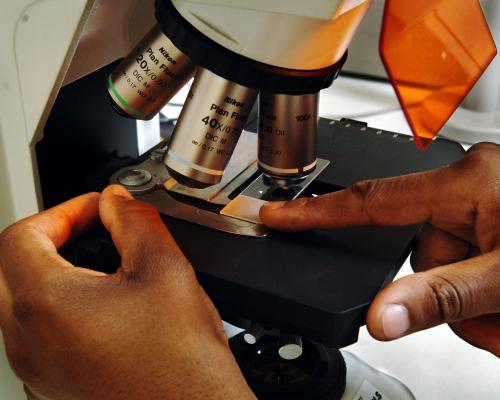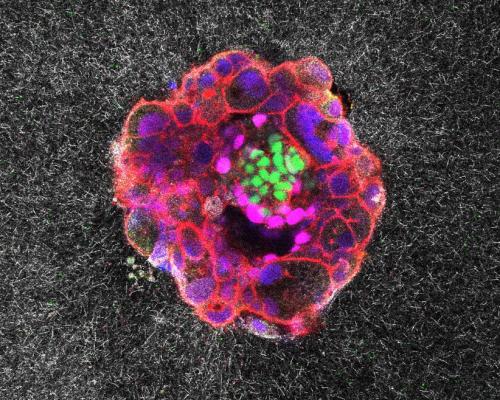
The UK is quickly recovering a prime position in the EU’s £80bn science research programme 18 months after becoming a participating member following the resolution of Brexit problems, data shows.
The country was frozen out of Horizon Europe for three years in a tit-for-tat row with the then prime minister, Boris Johnson, over the Northern Ireland trading arrangements.
While the UK has to play catch-up, entering three years into the seven-year 2020-27 funding programme, data shows British scientists are punching above their weight with €735m (£635m) in grants in 2024.
That ranks the UK as the fifth most successful country in the programme, which is open to 43 nations: the 27 EU member states and 16 non-EU associate members also including New Zealand, Canada and Norway.
Germany, the top participant in Horizon in 2024, won €1.4bn (£1.21bn) in grants and Spain, which came third, got €900m (£777m).
Scientists have said previously they were “over the moon” to be back working with EU colleagues. They said they knew it would take time to return to the top three because of the time it took to build multinational consortiums to apply for funds.
But in terms of grants for proposals by individual scientists, which are easier to assemble, the UK now ranks as the second-most successful participating country after Germany, with €242m (£209m) in funds.
The UK is the single most successful applicant country when it comes to Marie Skłodowska-Curie Actions, one of the most prestigious grant programmes for doctoral and post-doctoral research in the world.
UK scientists have said repeatedly the Brexit lockout damaged Britain’s reputation on the world stage and made it difficult for universities to recruit researchers from the EU.
In terms of recipients, the universities of Oxford and Cambridge are neck and neck, with awards of over €65m each, followed by University College London and Imperial College.
With projects ranging from the research to develop brain catheters inspired by wasps to efforts to create aviation fuel from yeast and greenhouse gases, the UK has been catapulted to the top of the league of non-EU beneficiaries by number of grants.
Ferdinando Rodriguez y Baena, a professor in medical robotics at Imperial College London recently completed a 15-year Horizon-backed research project creating a cranial catheter inspired by a conversation he had with the renowned zoologist Julian Vincent about wasps’ ability to penetrate hard tree bark to lay eggs.
Smaller grantees have included individual projects on topics such as textile recycling, conservation and robots on farms.
The UK was one of the leading beneficiaries of Horizon, earning more in grants than it contributed in funds before Brexit.







